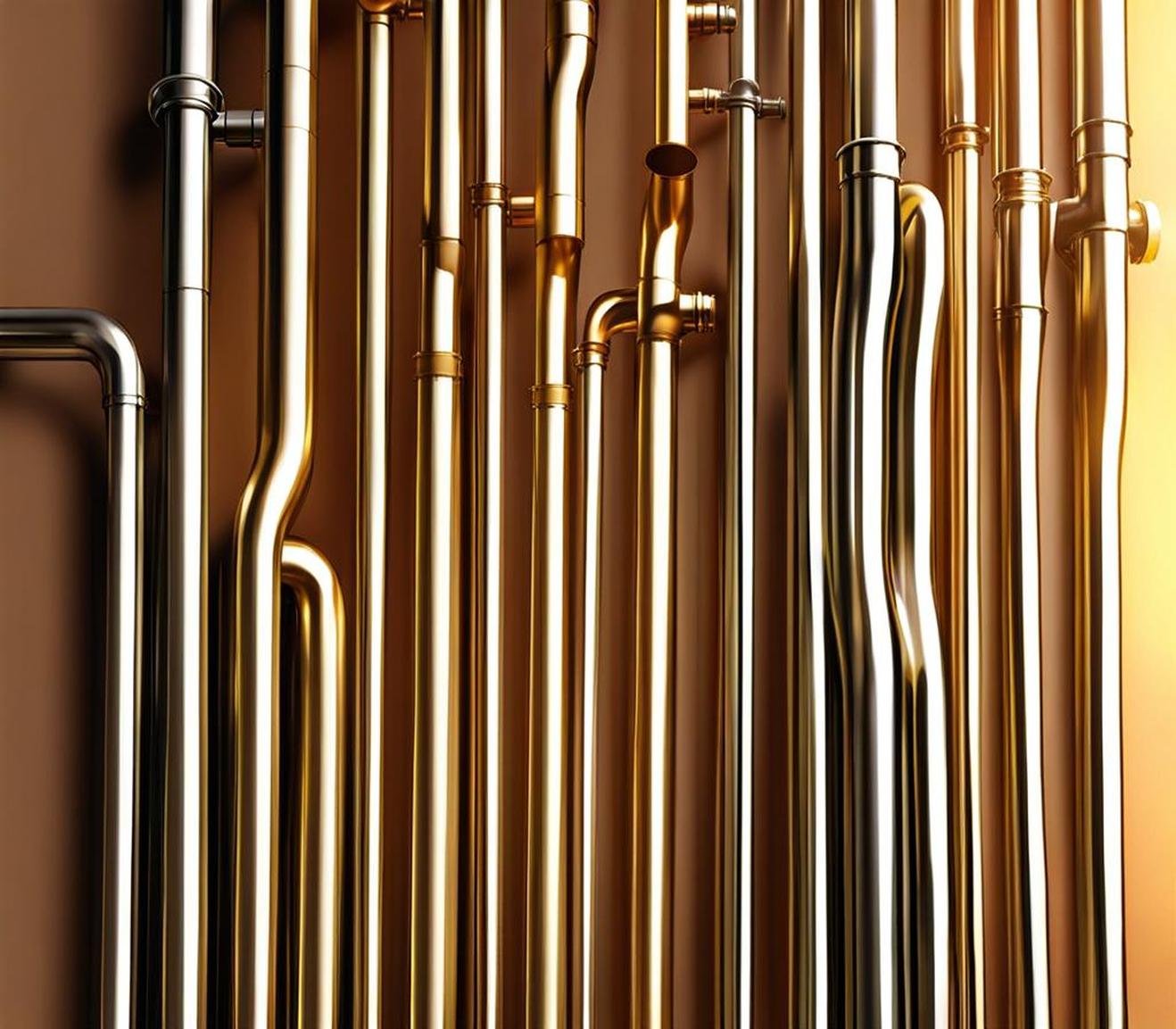If you cringe every time you turn on the hot water tap, dreading the racket from knocking pipes that follows, you’re not alone. Loud banging and rattling inside the walls when hot water runs is a common plumbing nuisance. While harmless, these noisy pipes can be an irritation and a sign of potential problems.
What Causes Hot Water Pipes to Knock and Make Loud Banging Noises?
There are a few key reasons why you may hear knocking or banging from the pipes when hot water runs:
- Thermal expansion causing pipes to move and vibrate
- Certain pipe materials like CPVC plastic expand more with heat
- Noise and vibrations easily resonate and amplify in enclosed spaces
How Thermal Expansion Causes Knocking Hot Water Pipes
The main culprit is something called thermal expansion. When hot water flows through the pipes, it causes the pipe material to expand slightly. This small amount of growth in the size of the pipes leads to movement and vibration as the material contracts again when it cools.
In tight areas like wall cavities, this expansion and contraction creates knocking or rattling noises as the pipes rub or bang against framing or insulation. These vibrations reverberate and amplify in an enclosed space, making the pipes seem excessively loud.
Cheap Plastic Pipes Lead to More Knocking Sounds
The composition and quality of the pipes also play a role. Cheap plastic plumbing like CPVC is more prone to expanding and contracting with temperature fluctuations. Copper and metal pipes are less affected by thermal expansion and contraction.

CPVC also readily transmits sound, making any vibrations or knocking noises louder. Upgrading to more resilient, quieter copper pipes can be a permanent solution to noisy CPVC lines.
Where are Knocking Noises Most Problematic?
The location of the pipes can also exacerbate knocking sounds. Here are common trouble spots:
- Tight areas like wall cavities where movement is restricted
- Noisy pipes in bathrooms and kitchens where plumbing is concentrated
- Any enclosed, resonant spaces make ordinary noises louder
- Older homes often have more pipe noise issues from aging plumbing
Quick Fixes to Stop Knocking Pipes Without Repiping
Before taking the drastic step of replacing pipes, try these handy tips to silence noisy pipes and stop the knocking:
- Cushion pipes to allow movement using pipe insulation
- Ensure pipes and valves are anchored securely to prevent vibrations
- Absorb noise by wrapping problem areas with insulation panels, silicone, or neoprene
- Relocate affected pipes away from framing to allow more free space
Why Ignoring Knocking Pipes is a Bad Idea
While annoying, many homeowners try to ignore noisy pipes. This is not a good long-term strategy for several reasons:
- Knocking can indicate underlying problems needing repair
- Could signal loose, leaky, or damaged pipes
- Left alone, vibrations and water hammer can worsen and degrade pipes
- Noises disruptive and irritating for you and your family
Hiring a Plumber to Permanently Stop Noisy Pipes
For a more permanent solution, consider hiring a professional plumber. They can:
- Inspect your plumbing system and diagnose underlying issues
- Reposition and replace pipes causing noise issues
- Upgrade problematic pipes to quieter, better insulating materials
- Ensure proper spacing and installation of pipes
The Benefits of Ending Disruptive Hot Water Pipe Noises
Taking steps to quiet noisy pipes gives you several advantages:
- Restore peace and quiet at home
- Prevent leaks or water damage from degraded pipes
- Reduce headaches and stress from loud banging
- Increase plumbing lifespan through proactive repairs
- Higher resale value by fixing underlying issues
Check Water Pressure
Excessive water pressure can also lead to knocking and rattling pipes. Verify your home’s water pressure is below 80 PSI. Install a pressure reducing valve if needed to prevent water hammer.
Faulty rubber washers around pipe joints and connections can create vibrations. Have a plumber inspect washers and replace any that are cracked, worn out, or missing.
Dealing with noisy pipes that bang and rattle whenever hot water runs can be maddening. But in most cases, this issue can be resolved with a few DIY fixes or professional repairs. Investigating the root cause and addressing it will restore peace and quiet to your home’s plumbing system.
